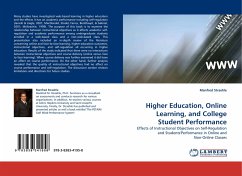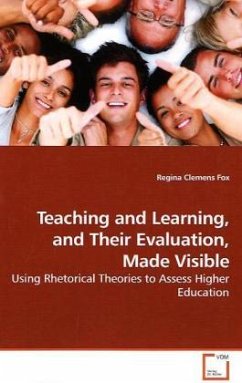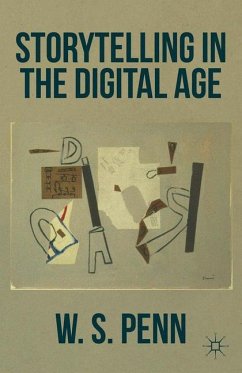
If Humour be the food of Learning, Joke on
Perspectives of several Italian and Swedish upper-secondary school students on humour and dialogic classroom interaction
Versandfertig in 6-10 Tagen
22,99 €
inkl. MwSt.

PAYBACK Punkte
11 °P sammeln!
Social constructivism, known as Vygotskian theory, has been implicated in improving spoken language skills of upper-secondary school students. This qualitative study aims to investigate the perspectives of students regarding the teachers use of humour in ESL lessons both in Italy and Sweden. A secondary aspect of the study assesses the use of humour in second language acquisition related to language learning and communicative competence based on dialogism and interaction. There were indications that humorous dialogic instruction and interaction, as well as non-verbal forms of humour such as ge...
Social constructivism, known as Vygotskian theory, has been implicated in improving spoken language skills of upper-secondary school students. This qualitative study aims to investigate the perspectives of students regarding the teachers use of humour in ESL lessons both in Italy and Sweden. A secondary aspect of the study assesses the use of humour in second language acquisition related to language learning and communicative competence based on dialogism and interaction. There were indications that humorous dialogic instruction and interaction, as well as non-verbal forms of humour such as gesticulation and facial expression, can dramatically increase focus and interest in lesson content which facilitates better communicative understanding of English. Immediacy was perceived to improve feelings of well-being and harmony within the classroom, improving motivation and self-belief during oral tasks to facilitate an effective, communicative learning climate. The study proposes four factors (teacher, student, subject and task) which affect learning processes, and moderation of humour, the fifth factor, acts as a scaffold to assist in stretching students knowledge within the ZPD.












